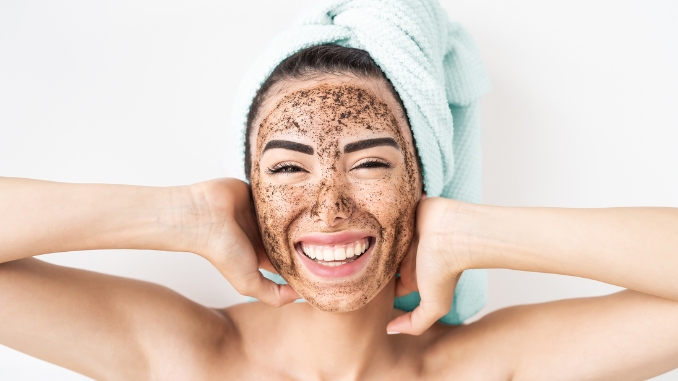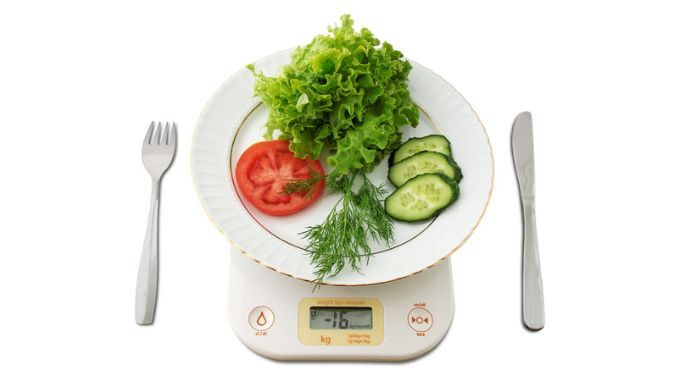As our skin grows, older cells on the surface shed and new ones underneath take their place. This renewal usually happens every four to six weeks. But as we get older or if we have certain skin issues, this process can slow down. Normally, we don’t notice these tiny groups or individual cells shedding.
Learn how to make your skin glow with our easy guide to natural face exfoliation[1]. Embrace the power of natural ingredients and uncover the secret to refreshed, youthful-looking skin.
Understanding the Science of Exfoliation

Exfoliating the face brightens and softens skin for all types, including sensitive, acne-prone, and mature. Removing dead skin cells prevents dullness and pore blockage, promoting clear pores and a radiant complexion. Exfoliation can be achieved through the use of chemicals or through natural methods.
Chemical exfoliants like Alpha-hydroxy Acids (AHAs) and lactic acid dissolve dead skin cells gently, ideal for sensitive or mature skin. Natural methods, like coconut oil or homemade scrubs, provide gentle exfoliation without harsh chemicals, leaving skin smooth and hydrated.
Importance of Exfoliation
1. Dead Skin Cells
Dead skin cells[2] may not shed as rapidly, and the production of new skin cells could slow down slightly. If we don’t remove them, they can make our skin look dull and can lead to clogged pores and acne.
2. Pore Size

In a 2014 Harris Poll survey of over 2,000 women, 38% expressed dissatisfaction with large pores. Among Japanese women aged 20-30 and Latinas, this concern was even higher. Thirteen percent avoided photos due to this issue, and 21% noticed pore problems between ages 15 and 20. Surprisingly, 73% haven’t found an effective pore-reducing product, prompting suggestions for exfoliation.
3. Glowing Skin
Removing dead cells brings out new, healthy cells, making our skin glow.
4. Better Absorption
With the old cells out of the way, our skin care products can work better because they can go deeper into the skin.
5. Plump Skin
Exfoliating helps our skin stay hydrated by removing dead skin cells, allowing moisturizers to penetrate deeper. It can also help improve skin texture, minimize fine lines, hyperpigmentation, and unevenness.
6. Healthy Skin Barrier
Gentle exfoliation can help maintain a strong skin barrier, which protects against bacteria and pollution.
But, it’s important to choose the right method for your skin type:
- Oily Skin: Might benefit from chemical exfoliants to help control oil and prevent acne.
- Dry or Sensitive Skin: Natural or gentler acids like lactic acid can remove dead cells without causing irritation.
- Acne-Prone Skin: Skin that’s prone to acne[3] sheds dead skin cells five times more than other skin types, so exfoliating can be really helpful for it. Hydroxy acids are good at stopping these dead skin cells from blocking hair follicles and causing acne. Needs careful exfoliation to keep pores clear without making acne worse.
- Mature Skin: Regular gentle exfoliation using lactic acid can help mature skin to look fresher and more youthful by promoting smoother texture, and minimizes the appearance of fine lines.
Why You Should Exfoliate Your Face
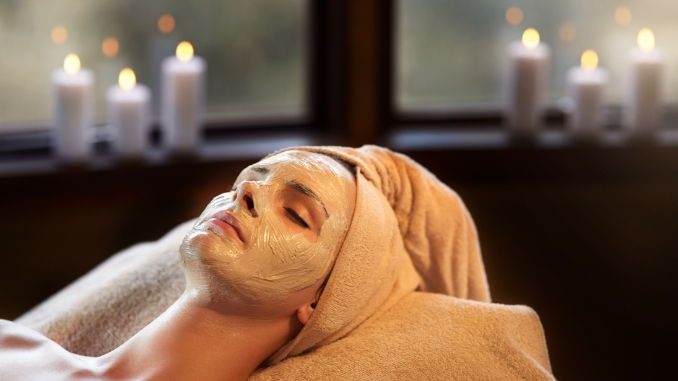
Exfoliating your face[4] is important for healthy skin. It removes dead cells, clears pores, and promotes new cell growth, keeping your face fresh and youthful. Regular exfoliation enhances the effectiveness of skincare products by allowing them to penetrate deeper.
Face exfoliate smoothens your skin, evens out tone, and addresses issues like wrinkles, dark spots, and acne scars. By incorporating exfoliation into your skincare routine, it can help maintain clean pores, brighten your skin, improve texture, and overall contribute to a radiant complexion.
Benefits of Skin Exfoliating
- Providing a clean complexion by removing dirt, oil, sweat, and impurities.
- Effective exfoliation clears dust buildup in pores.
- Helping to alleviate dry spots and manage irritated skin better.
- Bringing back a healthy shine to your skin and lessening dark spots, especially on your knees, elbows, and knuckles.
The Best Natural Exfoliants
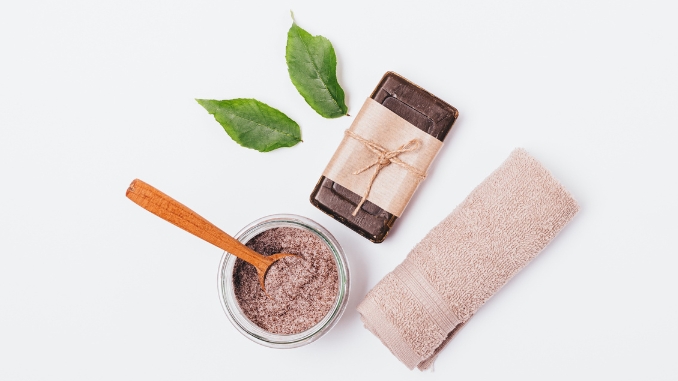
Using natural exfoliants[5] is a gentle method to get rid of dead skin cells, showing off the smoother and brighter skin below. Here are some of the best ways to naturally exfoliate your face that are both effective and gentle on your skin:
1. Sugar
Sugar granules are gentle exfoliants that scrub away dead skin cells without being harsh. They dissolve in water, preventing over-scrubbing, and help your skin retain moisture naturally.
2. Baking Soda
Baking soda is finely textured and gently removes dead skin cells when mixed with water. It also balances the skin’s pH, but use it sparingly to avoid disrupting your skin’s natural balance.
3. Oatmeal
Ground oatmeal is a soothing exfoliant with natural cleansers called saponins. It’s great for sensitive skin, gently removing dead skin cells while keeping your skin moisturized.
4. Coffee Grounds
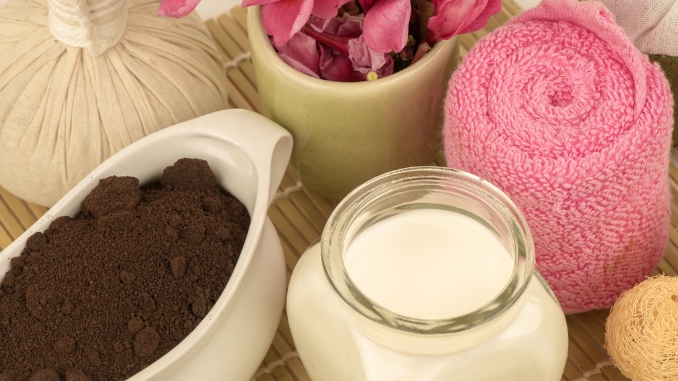
Coffee grounds can be used to exfoliate face since they’re abrasive enough to remove dead skin cells but it might irritate those who have sensitive skin. A patch test is recommended before facial use. Coffee grounds are also rich in antioxidants, which offer some general skin benefits.
5. Rice Bran
Rice bran brightens the complexion and evens out skin tone as a gentle exfoliant with antioxidants.
6. Sea Salt
Coarser than sugar, sea salt is effective for tougher skin, cleansing and purifying pores with its mineral-rich properties, best for body use or non-sensitive skin.
7. Papaya
Papaya’s enzyme, papain, helps break down dead skin cells, making your skin look brighter and more even, when applied as a mask.
8. Yogurt
Yogurt’s lactic acid dissolves dead skin cells, revealing a natural glow and softening the skin, suitable even for sensitive skin.
9. Apple Cider Vinegar (ACV)
ACV, with alpha-hydroxy acids (AHA) and antimicrobial properties, can help with skin pH, improve complexion, and act as a chemical exfoliant when diluted with water. However, it’s best to do a patch test before applying it to the face or sensitive skin.
Here are other Herbal Exfoliation you might want to try at home:
- Luffa aegyptiaca (luffa): It gently removes dull skin and lets new, healthy skin show up.
- Ahnfeltia concinna (algae) extract: Gives the skin nutrients and moisture.
- Grapefruit seed extract: Helps strengthen the immune system and improves oily skin.
- Apricot shell: Helps remove dead skin cells gently.
- Lemon oil: It has anti-inflammatory and antioxidant properties, and makes your skin smell nice.
- Cucumber extract: Moisturizes, soothes, and remove impurities in the skin
- Papaya extract: Removes dead skin and helps in wound healing.
- Mung dal: Removes dead skin cells and keeps a healthy glow.
- Pineapple extract: Makes skin elastic and removes dead cells.
- Rosehip seed powder: Removes dead skin cells gently.
- Cranberry: Moisturizes and protects skin from damage.
- Green tea: Protects skin and makes it firm.
- Tree tomato: Makes skin shiny and smooth.
DIY Face Exfoliation Recipes
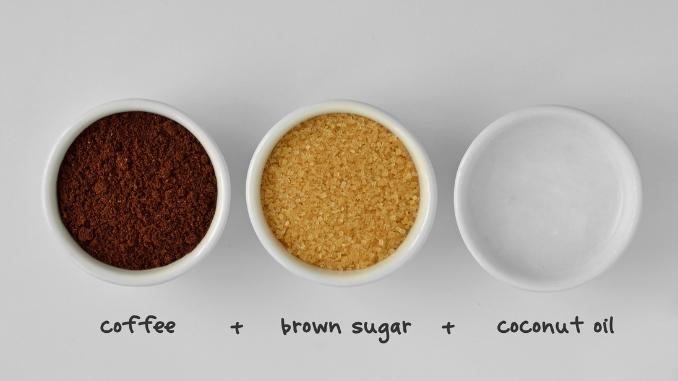
1. Honey and Brown Sugar Scrub
Ingredients:
- 1 tablespoon honey
- 1 tablespoon brown sugar
Instructions:
- In a little bowl, blend the honey and brown sugar well.
- Apply the mixture to your face and gently massage in circular motions for 1-2 minutes.
- Then, rinse your face with warm water and gently pat it dry.
2. Banana and Yogurt Mask
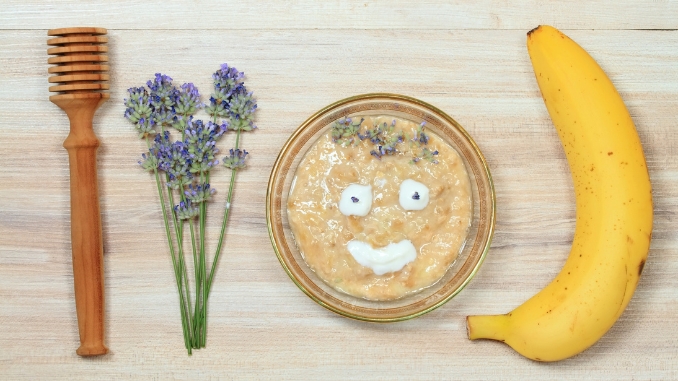
Ingredients:
- 1/2 ripe banana
- 2 tablespoons plain yogurt
Instructions:
- Crush the banana until it’s soft in a bowl.
- Mix the yogurt with the mashed banana.
- Put the mix on your face and keep it for 10-15 minutes.
- Wash off with lukewarm water and gently dry your face.
3. Coconut Oil and Coffee Grounds Scrub
Ingredients:
- 2 tablespoons coconut oil
- 2 tablespoons coffee grounds
Instructions:
- Mix the coconut oil and coffee grounds in a small bowl until well combined.
- Massage the mixture onto your face in gentle, circular motions for 1-2 minutes.
- Rinse off with water and pat dry.
Tips for Effective and Safe Face Exfoliation
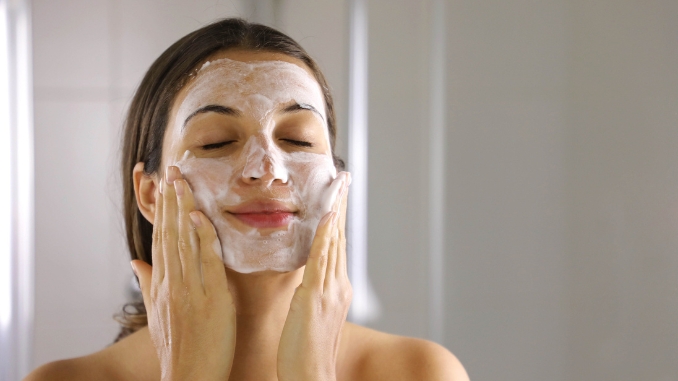
While exfoliation can do wonders for your skin, following some guidelines is important to ensure effective and safe exfoliation. Here are some tips to keep in mind when you exfoliate your face:
- Pick the Right Exfoliator: Choose one that matches your skin type. If your skin is sensitive, go for gentle exfoliators like PHA, lactic acid and mandelic acid. For oily or acne-prone skin, try ones with salicylic acid or tea tree oil.
- Be Gentle: Don’t scrub too hard when you exfoliate your face. Use light pressure and circular motions when applying the exfoliator to your face to avoid irritating or damaging your skin.
- Don’t Do It Too Much: Exfoliating too often or with harsh products can dry out or irritate your skin. Limit it to two to three times a week, and give your skin a break if it feels sensitive.
- Moisturize: After exfoliating, moisturize your skin to keep it hydrated. Exfoliation can take away some natural moisture, so it’s important to put it back.
- Sun Protection: Exfoliation can make your skin more sensitive to the sun. Make sure to apply sunscreen with SPF 30 or more every day, even if it’s cloudy, to keep your skin safe from harm.
Conclusion: Embracing Natural Face Exfoliation for Radiant, Glowing Skin
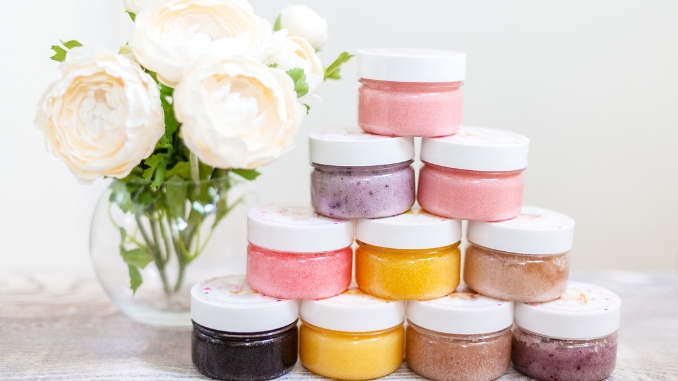
Natural face exfoliation is essential for radiant skin as it removes dead cells and boosts skin renewal, revealing a vibrant look. Choose methods and ingredients suited to your skin type. Gently exfoliate your face 2-3 times a week, then follow with moisturizer and sunscreen for optimal results. Regular exfoliation improves skin texture, tone, and health. Embrace natural exfoliation for glowing, revitalized skin.
As collagen breaks down you develop wrinkles, you lose muscle mass, you put on unwanted weight, you become more susceptible to injury, your heart weakens and your arteries clog … in other words, you get old. So check out this Guide to Collagen now!


Rick Kaselj MS, is a leading kinesiologist and injury specialist as well as co-creator of the best-selling Unlock Your Hip Flexors program. Rick creates exercise programs that help people heal injuries and eliminate pain, so they can go back to living a full, active, healthy life.

